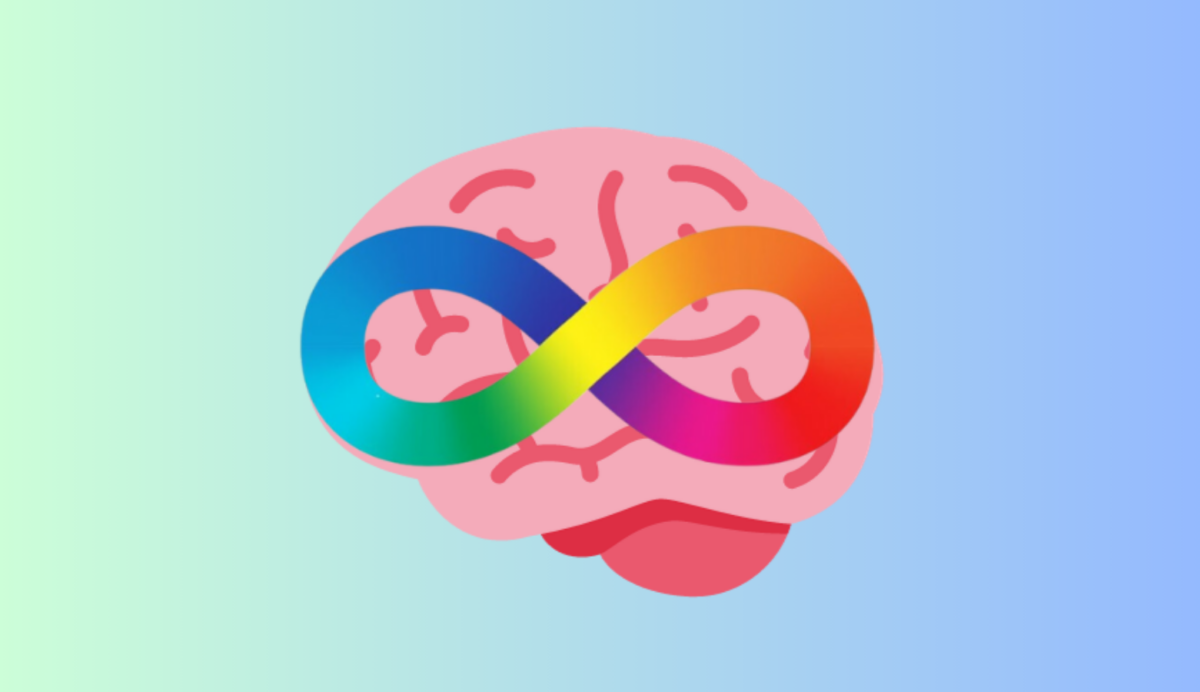Today's guest blog has been written by Nyika Suttie, Chair of the Neurodiversity Network for Staff and PGRs.
The Staff and PGR Neurodiversity Network is for all staff and PGR students who are neurodivergent or think that they might be. It aims to provide a space to share experiences, celebrate different ways of thinking, and to advocate for a university which considers the needs of neurodivergent people.
Having recently taken over as Chair, I have answered a few Frequently Asked Questions about the Network below.
What is Neurodiversity?
Neurodiversity is a term which acknowledges that there are many types of brain, and thus many different ways of seeing and thinking about the world. Most people are neurotypical: this means the way they think and feel largely aligns with what is ‘expected’, and therefore the world is designed with their needs in mind. Those who fall outside this alignment, who may think, feel, perceive, or understand information differently are therefore neurodivergent. Often neurodivergent people have a cluster of traits which fit a specific diagnosis, such as autism, ADHD, or dyslexia, but it is also common for neurodivergent people to fit (or not quite fit) the criteria for multiple diagnoses. The general adage is that if you think you may be neurodivergent, you probably are.
Something common between most neurodivergent people is a difficulty with executive functioning. Mainly controlled by our frontal lobe, executive functions include organisation, perception of time, emotional regulation, and our working memory. Having difficulty in these areas is very inconvenient in the workplace: we are expected to be on time, know where everything is, and complete our work in a logical sequence.
Why a Neurodiversity Network?
Communities based on shared experience are vital in reducing loneliness and developing strategies for existing within a world which may not have been built for you. Many neurodivergent people will have spent their lives feeling different to those around them. Meeting other people who not only have similar experiences, but also communicate in a similar way to you can be life changing. A Neurodiversity Network creates a safe place where people can be themselves and learn from each other. Knowing that there are others in your workplace who share some of the difficulties you experience is powerful, and discussion around reasonable adjustments ensures that everybody is getting a fair deal.
I work with a neurodivergent person, how can I help?
If a colleague or somebody you manage discloses that they are neurodivergent, the most important thing is to listen to what they need. Most of us have developed a number of strategies over the years, be this wearing noise cancelling headphones or having the most extensive Outlook character in existence. Some neurodivergent people thrive on company and discussion, others would prefer to take their lunchbreak alone. Ask what would make their life easier, and signpost to the Assistive Technology provision, and Access to Work (the most under-claimed benefit in the UK!).
A big issue for neurodivergent people, particularly autistic people, is the ‘double empathy problem’. It is often assumed by neurotypical people that differences in communication are the fault of the neurodivergent person, and that it is on them to adapt to the neurotypical world. It is also perceived that autistic people lack empathy. However, neurotypical people do not often adapt their communication style or attempt to understand neurodivergent people, and this, in fact, is a lack of empathy on their part. The more neurodivergent ways of being are understood and respected, the easier our lives will be.
Neurodivergent colleagues have a lot of perks: whilst there are things we may struggle with; we also tend to have areas where we excel (this is called a spiky profile). Use these strengths to your team’s advantage, just as you would with anybody else’s strength profile. We also tend to have a slightly different perspective on problems, and sometimes this leads to the answer. We only work well when our needs are met, however.
Who can join the Neurodiversity Network?
Any staff member or PGR student who either has a diagnosis of a neurodivergent condition, or thinks they fit the criteria. Diagnosis as an adult can be a hard-won and expensive experience, and so self-diagnosis is valid. Neurodivergent conditions include, but are not limited to: dyslexia, dyspraxia, dyscalculia, autism, ADHD, learning difficulties and disabilities, Tourette’s syndrome, and conditions which affect processing and language.
The Neurodiversity Network works closely with the aFlame Disability Network, but recognises that not every neurodivergent person feels comfortable describing themselves as disabled. However, our aims are broadly aligned: creating a university where access does not need to be asked for.
What will the Neurodiversity Network do?
Currently the network is run over Teams, and there are separate channels for staff and PGR students in case of conflict of interest. We are hoping to put on events for the wider university which build acceptance of neurodiversity, as well as meetings for members to discuss any barriers they have come up against in their work or research which the university can address. We are also hoping to hold low-pressure, sensory-friendly meet ups.
However, volunteers are needed! The Network cannot be run by one member alone, and there are a variety of different ways for members to get involved in the running of the network. If you have a particular skill, or element of organising you enjoy then please let us know!
You can join the Neurodiversity Network on Teams, or send an email to neurodivergence@bath.ac.uk.
Respond
